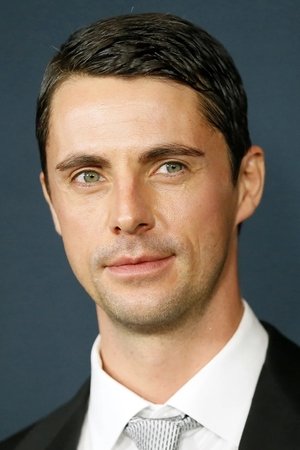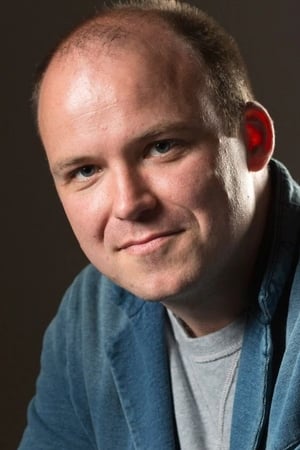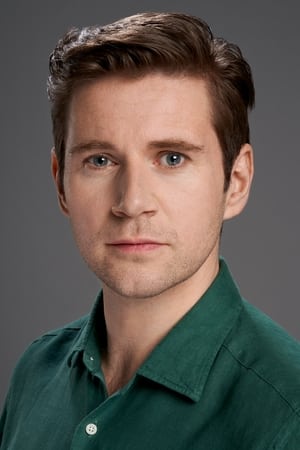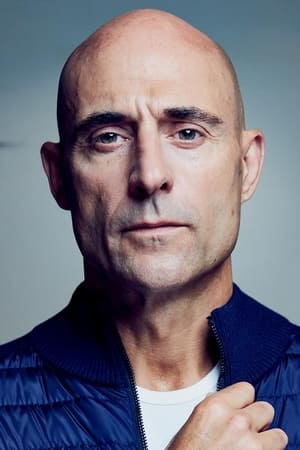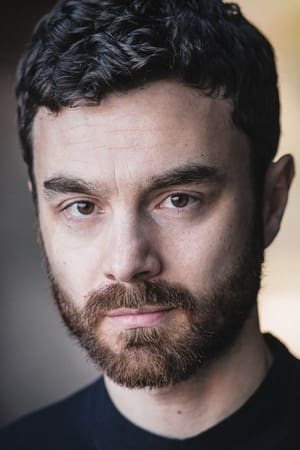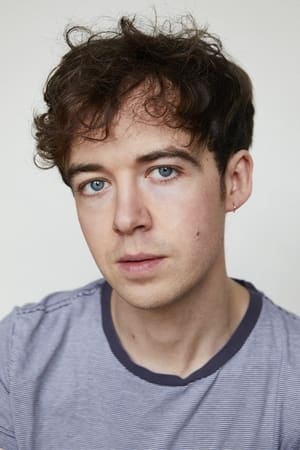⭐⭐⭐⭐⭐
Rating: 4.5 out of 5.The Imitation Game isn’t just about one man’s story—it’s about the millions of lives he saved in the process.
Alan Turing (Benedict Cumberbatch) was a real person who cracked the infamous “Enigma” machine during WWII, using nothing but mathematical strategies and statistics.
The film begins as a childhood memory stuck in the mind of a grown man—one that haunts him no matter how hard he tries to forget. Christopher (his long-lost friend, introduced at the start of the movie) was his only companion during Turing’s university years. And, by the way, he graduated at 24. Just to make the rest of us feel accomplished.

Turing’s relationship with Christopher wasn’t outright labeled as anything “abnormal,” but they were extremely close. From the very beginning, there are subtle hints that Turing might be different—perhaps even homosexual. It’s never explicitly stated, but it’s in his mannerisms, his speech, and—most notably—his facial expressions. The young actor playing him (Alex Lawther) absolutely nails this. Every scene between him and Christopher is filled with unspoken emotion. It’s like they’re communicating through their eyes rather than their words.
Was Christopher also a homosexual? We don’t know. But we do know that Turing felt something deep for him. Maybe it was love, maybe it was admiration—maybe it was just gratitude for being the only person who ever showed him kindness.

Unfortunately, Christopher had tuberculosis—something he never told Turing about. One day, before leaving for vacation, Christopher left an encrypted message for Turing, saying he’d be gone for two weeks, ending the note with: “My dear friend.”
The day of his supposed return, Turing waited outside the school.
Waiting.
And waiting.
A note in his left hand.
“I love you.”
But Christopher never showed up. Not because he forgot. Not because he didn’t care.
Because he was dead.
This tragedy sets the stage for the real story—saving lives and ending WWII.
The film jumps forward to Turing’s adult life, where he’s found inside his home surrounded by chemicals and a massive machine—one that will soon change history.
Turing applies for a government job to crack the Enigma.
Now, how do I even begin to explain this thing?
The Enigma was an insanely complex German machine used to send encrypted messages.
And the worst part?
Every. Single. Day.
The machine changed its settings.
Meaning:
- A new code had to be cracked daily.
- The Germans never used the same starting sequence twice.
- If you didn’t break the code within 24 hours, all the previous work meant nothing.
It was basically the most frustrating puzzle ever created.

Now, let’s get to the part where the war was won because some German soldier was flirting with a woman.
I kid you not.
Turing and Joan Clarke (Keira Knightley) are celebrating their totally-not-going-to-last engagement at a bar. Joan’s friend casually mentions that a German messenger has been flirting with her by sending the same three-letter sequence at the start of every message.
Turing’s brain basically explodes.
That one mistake?
That one German officer trying to shoot his shot?
That’s what won the war.
Nice job, bro.

Turing builds his machine—a prototype computer—which he names Christopher.
You can probably guess why. But you’ll never truly understand what it meant to him.
Benedict Cumberbatch delivers a ridiculously powerful performance here. There’s a scene where he’s crying over Christopher (the machine), and you can feel it. It’s not just sadness—it’s something deeper. Something personal.
This isn’t just acting. This is becoming the character.
As for Turing’s team… let’s be honest, they weren’t exactly useful at first.
At the start, they mostly sat around, got frustrated, and ridiculed his invention. But when things got real, they actually stepped up. Joan pushed the idea of teamwork, and—shocker—when they actually started working together, progress was made.
In the end, Turing and his team didn’t just break Enigma.
They shortened WWII by two years.
They saved 14 million lives.
And yet…
After all of that, after everything he did…
The government arrested him for being homosexual.

A hero was treated as a criminal.
He was given two choices:
- Prison
- Chemical castration
He chose the latter. It destroyed his mind.
Two years later, he was dead.
Suicide.

“Sometimes it is the people no one imagines anything of who do the things no one can imagine.”
So, what would you say?
Was he a man?
A machine?
A monster?
Or a hero?
If you like mystery-dramas, war films, and Benedict Cumberbatch (because, really, who doesn’t?), give this movie a watch.
















